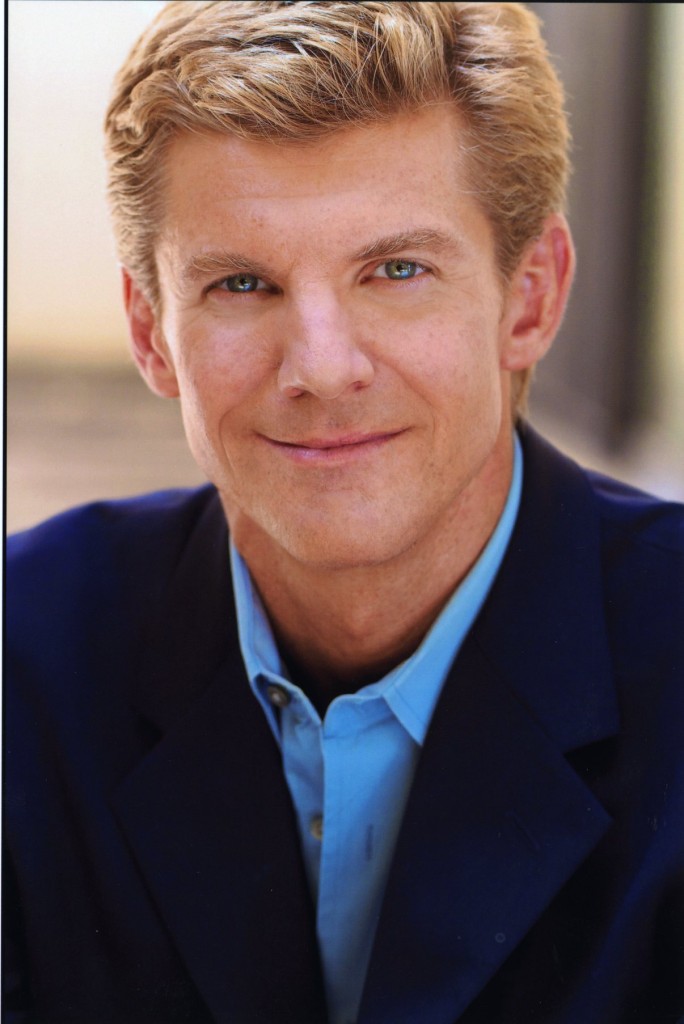Official Blog of International City Theatre
Brent Schindele Does It All
March 4th, 2015
Brent Schindele not only stars as Judy Garland’s friend and accompanist Anthony in End of the Rainbow at ICT, but he is also the show’s Musical Director. Needless to say he is a very busy man, but he was nice enough to answer some questions for us so please enjoy.
1. As someone who has performed at ICT before, what have been your experiences with ICT audiences?
I’m very impressed by ICT’s audience, because I think they’re coming to the theater for the best reasons: they just want to see good, interesting and often new stories told with high-quality talent and production value. It seems increasingly that theater audiences have to be lured either by something already familiar, whether it’s based on a popular movie or starring a well-known “name”, or by something patently shocking or provocative. I think ICT’s work is trying to steer down the middle - being thought-provoking without being abrasive, accessible without being pedestrian - and I applaud any audience that signs up for that.
2. You not only have a major role in the show, but are also acting as the show’s musical director as well. Is this the first time you have done such, and if so, what are the challenges in trying to balance the two jobs at the same time?
Actually, I’ve done this double duty numerous times now, in a number of shows that have required my character to play the piano. I’d have to say that I’m an actor first, so I always approach any music based on whatever is needed dramatically in the context of the story and the characters’ relationships. The play informs the music.  Though, of course, I have to laugh when directors (not my present one) make demands that betray a great underestimation of how music works – like, “You’ve memorized all your lines, can’t you memorize the whole score as well?” and “Can’t you keep playing the piano while you answer the phone and loosen your tie and open the window?”
3. You are obviously an accomplished musician. What is your background with regards to music and orchestration?Â
It’s all been learned on the fly, by observing others and learning-by-doing. I’m a self-taught pianist, and I’ve basically taken on a series of assignments that were too big for me, managed to survive them, and come out the other side stronger and wiser.
4. What do you hope audiences take away from seeing End of the Rainbow?
We’re trying to say some specific-but-universal things about love, art and perseverance. I’d like to think that audiences are truly on the edges of their seats regarding the unorthodox love triangle between my character, Judy Garland and her fiancé – can she find emotional happiness, stability and fulfillment with either of us? I’d hope that audiences would reflect anew on what art costs the people that make it — whether it’s celebrated people like Judy Garland or the average actor, painter or musician working in the trenches in virtual anonymity – we love to do what we do, can’t seem to live without it, and yet it exacts a toll on our lives. And also audiences may be struck by the nature of addiction and the persistence it requires to overcome it – Judy Garland’s life is a cautionary tale, but instructive as well.
5. Since EOTR is biographical, who would you love to see a musical or play about?
That’s a good question. I’d like to try my hand at portraying one of the stars of yesteryear, like Steve McQueen or Alan Ladd or Robert Redford.

